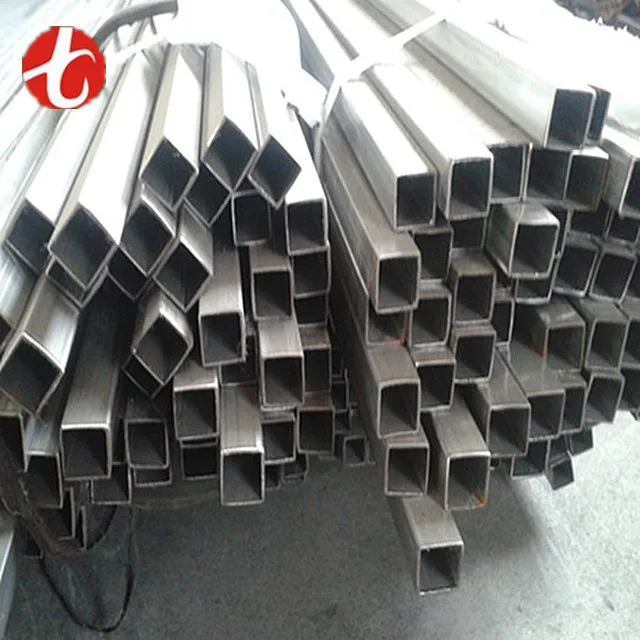

316 - which is more expensive?īuyers may find that the upfront cost is a little higher when it comes to 316 stainless steel, but the resistance to corrosion and rust could save a lot on the backend which is something to keep in mind when purchasing. Stainless steels containing molybdenum are required in the manufacture of certain pharmaceuticals in order to avoid excessive metallic contamination. Failure to do so can result in welds that are weaker than the base material itself. It is important to note that when welding this material it is important to use a filler metal that matches the composition of the base material. Type 316 is durable, easy-to-fabricate, clean, weld and finish.ģ16 stainless steel is considerably more resistant to solutions of sulfuric acid, chlorides, bromides, iodides and fatty acids at high temperature. Seamless pipe can withstand greater pressures and is commonly used where a perfectly smooth surface is required on the inside of the pipe for transporting of fluids and materials. Welded 304 stainless steel pipe is a steel tube that has a welded seam, and the type of tube is more affordable and versatile for a wide range of applications. This AISI 304 (18-8 Stainless Steel) grade can be welded using TIG, MIG, and Stick welding. Given that Type 316 stainless steel alloy contains molybdenum it has a considerable more resistance to chemical attack than 304. Type 316 stainless steel is an austenitic chromium-nickel stainless and heat-resisting steel with superior corrosion resistance as measured up to other chromium-nickel steels when exposed to many types of chemical corrodents.īuyers may find that the upfront cost is a little higher but could save alot on the backend which is something to keep in mind when purchasing. Type 304 stainless steel is used in enclosures, storage tanks, pressure vessels and tubing or piping. Type 304 stainless provides ease of fabrication and cleaning, prevention of product contamination and offers a variety of finishes.

Type 304 proves to be resistant to oxidation and corrosion. Type 304, with its chromium-nickel content and low carbon, is the most versatile and commonly used of the austenitic stainless steels. The molybdenum is added to help resist corrosion. 304 stainless steel is a high strength material with excellent corrosion resistance making it a great candidate for liquid passageways. Workability: Easy to Weld, Moderate Cutting, Forming and Machining.From a chemical or scientific standpoint the answer would be that 304 stainless steel contains 18% chromium and 8% nickel while 316 contains 16% chromium, 10% nickel and 2% molybdenum.Applications: frame work, braces, supports, marine, food, etc.We can provide domestic or import pipe with a quick turnaround time and cost-effectiveness. External could be a nightmare, considering the risk if there is a leak. Internal is no issue, even if there is water.

there are a lot of buried water lines in Japan that are 316. These pipes offer outstanding welding and forming qualities. The 304 SS will handle the hydrogen it will be corroded from the out side due to soil and electrolytes contained therein. The Stainless Steel 304 Pipe has excellent corrosion and oxidation resistance. Specifications: ASTM A554, A511, A269, T304, non-polished finish Stainless Steel Pipe Tork Systems stocks stainless steel pipe in a wide variety of alloys, sizes and schedules. What is a 304 stainless steel pipe Alloy 304 is an austenitic alloy with nickel and chromium as primary components.Some round tube sizes are available with a 180 grit brushed polish. Tubes with wall thickness of 3/16 and above are A511 seamless stainless round tube. We are suppliers of 304 and 304L Stainless Steel in a wide range of bar, flat, sheet, plate, angle and seamless tubing and pipes. Having a durable mill finish and an interior weld seam, Stainless Round Tube is widely used for all types of fabrication projects that are exposed to the elements - chemical, acidic, fresh water, and saltwater environments. 304 Stainless Steel Round Tube is ideal for all structural applications where greater strength and superior corrosion resistance is required.


 0 kommentar(er)
0 kommentar(er)
